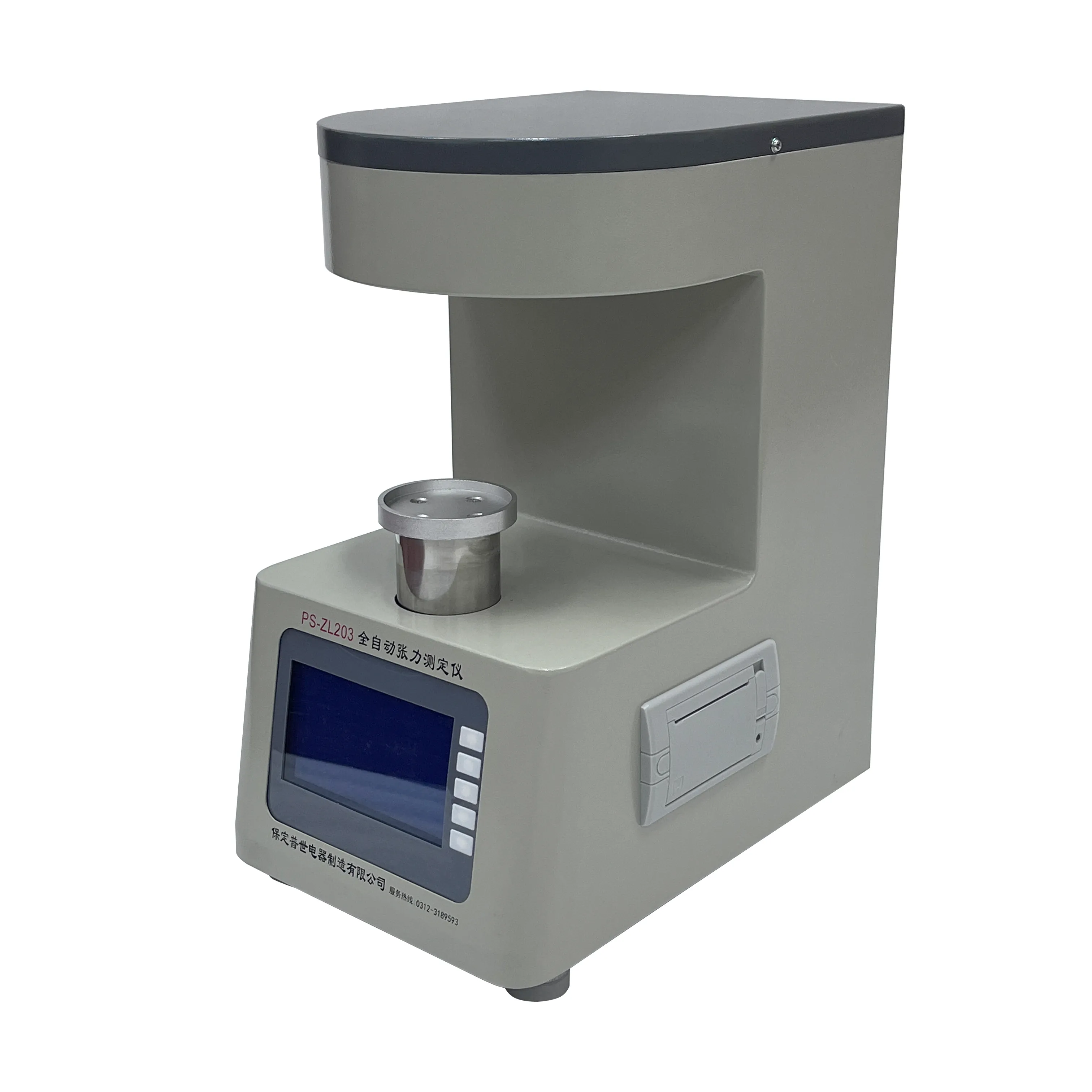TEL:
+86-0312-3189593
 English
English

Telephone:0312-3189593

Email:sales@oil-tester.com

-
 Afrikaans
Afrikaans -
 Albanian
Albanian -
 Amharic
Amharic -
 Arabic
Arabic -
 Armenian
Armenian -
 Azerbaijani
Azerbaijani -
 Basque
Basque -
 Belarusian
Belarusian -
 Bengali
Bengali -
 Bosnian
Bosnian -
 Bulgarian
Bulgarian -
 Catalan
Catalan -
 Cebuano
Cebuano -
 China
China -
 China (Taiwan)
China (Taiwan) -
 Corsican
Corsican -
 Croatian
Croatian -
 Czech
Czech -
 Danish
Danish -
 Dutch
Dutch -
 English
English -
 Esperanto
Esperanto -
 Estonian
Estonian -
 Finnish
Finnish -
 French
French -
 Frisian
Frisian -
 Galician
Galician -
 Georgian
Georgian -
 German
German -
 Greek
Greek -
 Gujarati
Gujarati -
 Haitian Creole
Haitian Creole -
 hausa
hausa -
 hawaiian
hawaiian -
 Hebrew
Hebrew -
 Hindi
Hindi -
 Miao
Miao -
 Hungarian
Hungarian -
 Icelandic
Icelandic -
 igbo
igbo -
 Indonesian
Indonesian -
 irish
irish -
 Italian
Italian -
 Japanese
Japanese -
 Javanese
Javanese -
 Kannada
Kannada -
 kazakh
kazakh -
 Khmer
Khmer -
 Rwandese
Rwandese -
 Korean
Korean -
 Kurdish
Kurdish -
 Kyrgyz
Kyrgyz -
 Lao
Lao -
 Latin
Latin -
 Latvian
Latvian -
 Lithuanian
Lithuanian -
 Luxembourgish
Luxembourgish -
 Macedonian
Macedonian -
 Malgashi
Malgashi -
 Malay
Malay -
 Malayalam
Malayalam -
 Maltese
Maltese -
 Maori
Maori -
 Marathi
Marathi -
 Mongolian
Mongolian -
 Myanmar
Myanmar -
 Nepali
Nepali -
 Norwegian
Norwegian -
 Norwegian
Norwegian -
 Occitan
Occitan -
 Pashto
Pashto -
 Persian
Persian -
 Polish
Polish -
 Portuguese
Portuguese -
 Punjabi
Punjabi -
 Romanian
Romanian -
 Russian
Russian -
 Samoan
Samoan -
 Scottish Gaelic
Scottish Gaelic -
 Serbian
Serbian -
 Sesotho
Sesotho -
 Shona
Shona -
 Sindhi
Sindhi -
 Sinhala
Sinhala -
 Slovak
Slovak -
 Slovenian
Slovenian -
 Somali
Somali -
 Spanish
Spanish -
 Sundanese
Sundanese -
 Swahili
Swahili -
 Swedish
Swedish -
 Tagalog
Tagalog -
 Tajik
Tajik -
 Tamil
Tamil -
 Tatar
Tatar -
 Telugu
Telugu -
 Thai
Thai -
 Turkish
Turkish -
 Turkmen
Turkmen -
 Ukrainian
Ukrainian -
 Urdu
Urdu -
 Uighur
Uighur -
 Uzbek
Uzbek -
 Vietnamese
Vietnamese -
 Welsh
Welsh -
 Bantu
Bantu -
 Yiddish
Yiddish -
 Yoruba
Yoruba -
 Zulu
Zulu
Янв . 26, 2025 07:26
Back to list
PS-300 Hydrogen Generator Gas Chromatography Test Kit
Investing in a gas chromatography (GC) instrument can be a pivotal move for laboratories aiming to enhance their analytical capabilities. Determining the right instrument requires consideration of various factors, including performance specifications, application needs, and, undoubtedly, budget constraints. The price of a gas chromatography instrument varies significantly depending on these elements, and understanding this landscape is critical for making an informed purchase.
4. Customization and Accessories Additional features, such as customized integration with laboratory information management systems or specialized sampling kits, can increase the cost. 5. Application-specific Configurations Instruments configured for specialized applications, such as petrochemical testing or environmental analysis, tend to have higher prices due to the tailored nature of their components and functionalities. Maximizing Investment Value Purchasing a gas chromatography instrument is not merely about cost; it's about value. To maximize your investment, consider the following 1. Assess Long-term Needs Evaluate the present and future analytical needs of your laboratory. Opt for a model that not only meets current requirements but also has the flexibility to evolve with your growing demands. 2. Consult an Expert Engaging with a specialist can aid in selecting the right instrument. Their expertise ensures that you consider all relevant factors, from technical specs to compatibility with other laboratory equipment. 3. Analyze Total Cost of Ownership Beyond the initial price, consider operational costs, maintenance, and potential downtime. A more expensive, reliable instrument may offer better long-term value than a cheaper alternative with high maintenance needs. 4. Leverage Negotiations and Financing Options Explore financial arrangements such as leasing or purchasing with payment plans. This can alleviate upfront financial burden while still securing top-quality equipment. In conclusion, understanding the comprehensive nature of gas chromatography instrument prices and their influencing factors is crucial for making substantial and informed decisions. By focusing not only on entry costs but also on long-term value, laboratories can significantly enhance their analytical capabilities.


4. Customization and Accessories Additional features, such as customized integration with laboratory information management systems or specialized sampling kits, can increase the cost. 5. Application-specific Configurations Instruments configured for specialized applications, such as petrochemical testing or environmental analysis, tend to have higher prices due to the tailored nature of their components and functionalities. Maximizing Investment Value Purchasing a gas chromatography instrument is not merely about cost; it's about value. To maximize your investment, consider the following 1. Assess Long-term Needs Evaluate the present and future analytical needs of your laboratory. Opt for a model that not only meets current requirements but also has the flexibility to evolve with your growing demands. 2. Consult an Expert Engaging with a specialist can aid in selecting the right instrument. Their expertise ensures that you consider all relevant factors, from technical specs to compatibility with other laboratory equipment. 3. Analyze Total Cost of Ownership Beyond the initial price, consider operational costs, maintenance, and potential downtime. A more expensive, reliable instrument may offer better long-term value than a cheaper alternative with high maintenance needs. 4. Leverage Negotiations and Financing Options Explore financial arrangements such as leasing or purchasing with payment plans. This can alleviate upfront financial burden while still securing top-quality equipment. In conclusion, understanding the comprehensive nature of gas chromatography instrument prices and their influencing factors is crucial for making substantial and informed decisions. By focusing not only on entry costs but also on long-term value, laboratories can significantly enhance their analytical capabilities.
Previous:
Latest news
-
Exploring the Main Types of Industrial Endoscopes and Their Applications Across IndustriesNewsJul.04,2025
-
Testing Equipment Industry Sees Major Advancements in 2025: Smart & Precision Technologies Lead the WayNewsJun.06,2025
-
Applications of Direct Current Generators in Renewable Energy SystemsNewsJun.05,2025
-
Hipot Tester Calibration and Accuracy GuidelinesNewsJun.05,2025
-
Digital Circuit Breaker Analyzer Features and BenefitsNewsJun.05,2025
-
Benefits of Real-Time Power Quality Monitoring Devices for Industrial EfficiencyNewsJun.05,2025



